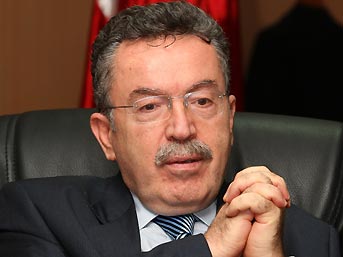Also of interest is a new study by the European Council on Foreign Relations that Tisdall links to, titled "The Spectre of a Multipolar Europe." From the report's summary:
The findings:
- The post-Cold War order is unravelling. Rather than uniting under a single system, Europe’s big powers are moving apart. Tensions between them have made security systems dysfunctional: they failed to prevent war in Kosovo and Georgia, instability in Kyrgyzstan, disruption to Europe’s gas supplies, and solve frozen conflicts.
- The EU has spent much of the last decade defending a European order that no longer functions. Russia and Turkey may complain more, but the EU has the most to lose from the current peaceful disorder.
- A frustrated Turkey still wants to join the EU, but it is increasingly pursuing an independent foreign policy and looking for a larger role as a regional power. In the words of foreign minister Davutoglu, Turkey is now an ‘actor not an issue’. Its accession negotiations to the EU should be speeded up, and it must also be engaged as an important regional power.
- Russia never accepted the post-Cold War order. Moscow is now strong enough to openly challenge it, but its Westpolitik strategy also means that it is open to engagement – that is why Dmitri Medvedev suggested a new European security treaty a couple of years ago.
- Obama’s non-appearance at the 20th anniversary of the fall of the Berlin Wall was the latest sign that the US is no longer focused on Europe’s internal security. Washington has its hands full dealing with Afghanistan, Iran and China and is no longer a European power.
The Recommendations:
- An informal ‘trialogue’ involving the EU, Turkey and Russia should be established, allowing cooperation over security to build from the ground up.
- In order to strengthen Turkey’s European identity, Ankara should be given a top-table seat at the trialogue, in parallel with enhanced EU accession negotiations. New chapters should be opened on CSDP and energy.
- The EU should be represented by the foreign affairs high representative, Catherine Ashton, institutionalising the EU as a security actor.
- A European security identity should be fostered by encouraging the involvement of Russia in projects like missile defence that focus on external threats to Europe.
- Russian resolve should be tested by a commitment to dealing with frozen conflicts and instability in the wider European area.
The Full report can be found here.




